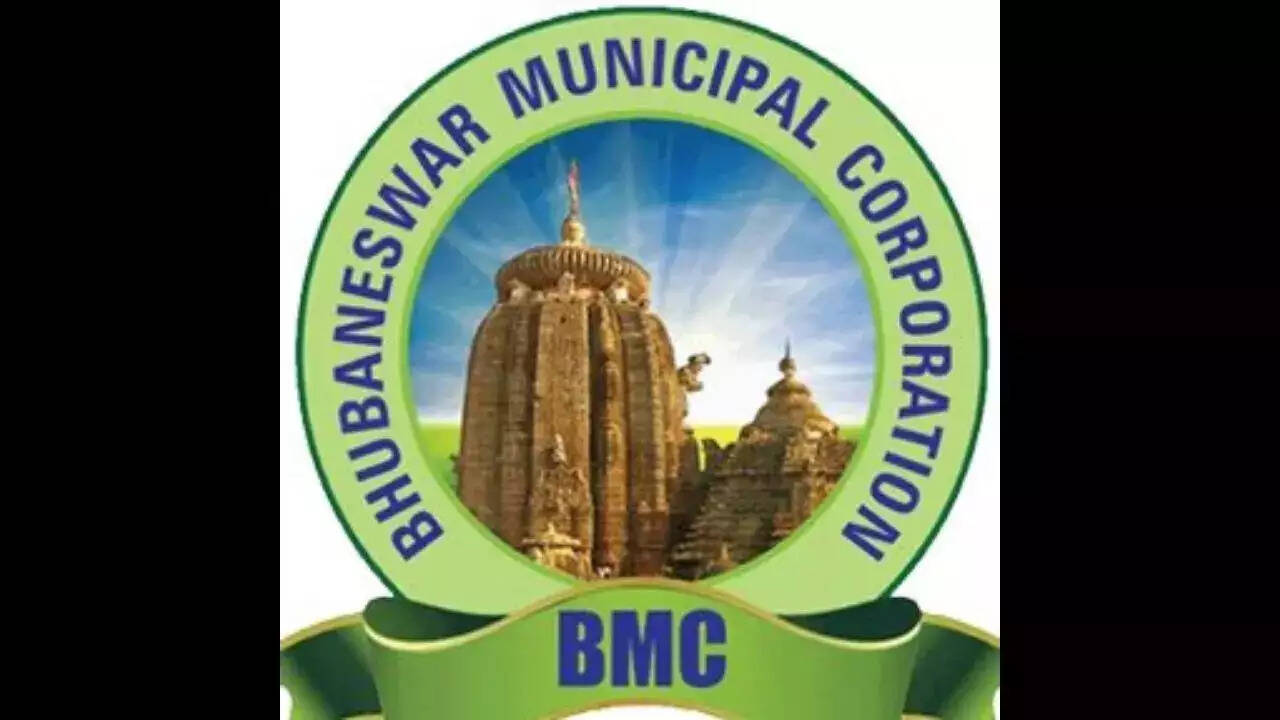BMC: Finish drain de-silting work by June 30 or face action

BHUBANESWAR: Private agencies have been directed by Bhubaneswar Municipal Corporation (BMC) to complete drain de-siltation work within a week or else face action. BMC officials said extracting silt from the drains will help tackle the waterlogging problem in the city. Unless drains are free from silt, stormwater can’t be discharged, they said.
BMC’s sanitation wing and drainage division have been working on a war-footing since May to clear silt from the primary and secondary drains and natural drainage channels as well.
Manaranjan Sahu, deputy commissioner (sanitation), said most of the de-siltation work of the internal drains are nearing completion but they can’t afford to be complacent considering the waterlogging issues. “Silt extraction work has to be completed before June 30. If the private agencies fail to comply, action as deemed fit will be taken,” said Sahu.
The capital is deluged even after half-an-hour of showers leading to drains being choked and rainwater gushing into roads and localities. The civic body takes up both pre-monsoon and post-monsoon drain cleaning.
Priyabrata Behera, BMC executive engineer, said the internal drains gather most of the silt which come in the form of used polythene bags, food packets and other household waste.
“There are different ways to clear silt from drainage channels and internal drains. De-silting work is an attempt to prevent urban flooding,” he said.
BMC officials said drain cleaning work has been taken up by private contractors in different packages (different work for different stretches of drains). This time, in the open drains and the intersections of drains, iron nets will be used to filter trash and to avert accidents.
Officials said during heavy rain, these drains take the load of stormwater and lead to a deluge. Sludge and other waste material are removed to ensure flow of water so there is less chance of drain water spilling onto residential areas.
For monsoon, the BMC authorised its engineering staff to cut the drains and roads blocking rainwater.
BMC’s sanitation wing and drainage division have been working on a war-footing since May to clear silt from the primary and secondary drains and natural drainage channels as well.
Manaranjan Sahu, deputy commissioner (sanitation), said most of the de-siltation work of the internal drains are nearing completion but they can’t afford to be complacent considering the waterlogging issues. “Silt extraction work has to be completed before June 30. If the private agencies fail to comply, action as deemed fit will be taken,” said Sahu.
The capital is deluged even after half-an-hour of showers leading to drains being choked and rainwater gushing into roads and localities. The civic body takes up both pre-monsoon and post-monsoon drain cleaning.
Priyabrata Behera, BMC executive engineer, said the internal drains gather most of the silt which come in the form of used polythene bags, food packets and other household waste.
“There are different ways to clear silt from drainage channels and internal drains. De-silting work is an attempt to prevent urban flooding,” he said.
BMC officials said drain cleaning work has been taken up by private contractors in different packages (different work for different stretches of drains). This time, in the open drains and the intersections of drains, iron nets will be used to filter trash and to avert accidents.
Officials said during heavy rain, these drains take the load of stormwater and lead to a deluge. Sludge and other waste material are removed to ensure flow of water so there is less chance of drain water spilling onto residential areas.
For monsoon, the BMC authorised its engineering staff to cut the drains and roads blocking rainwater.
















